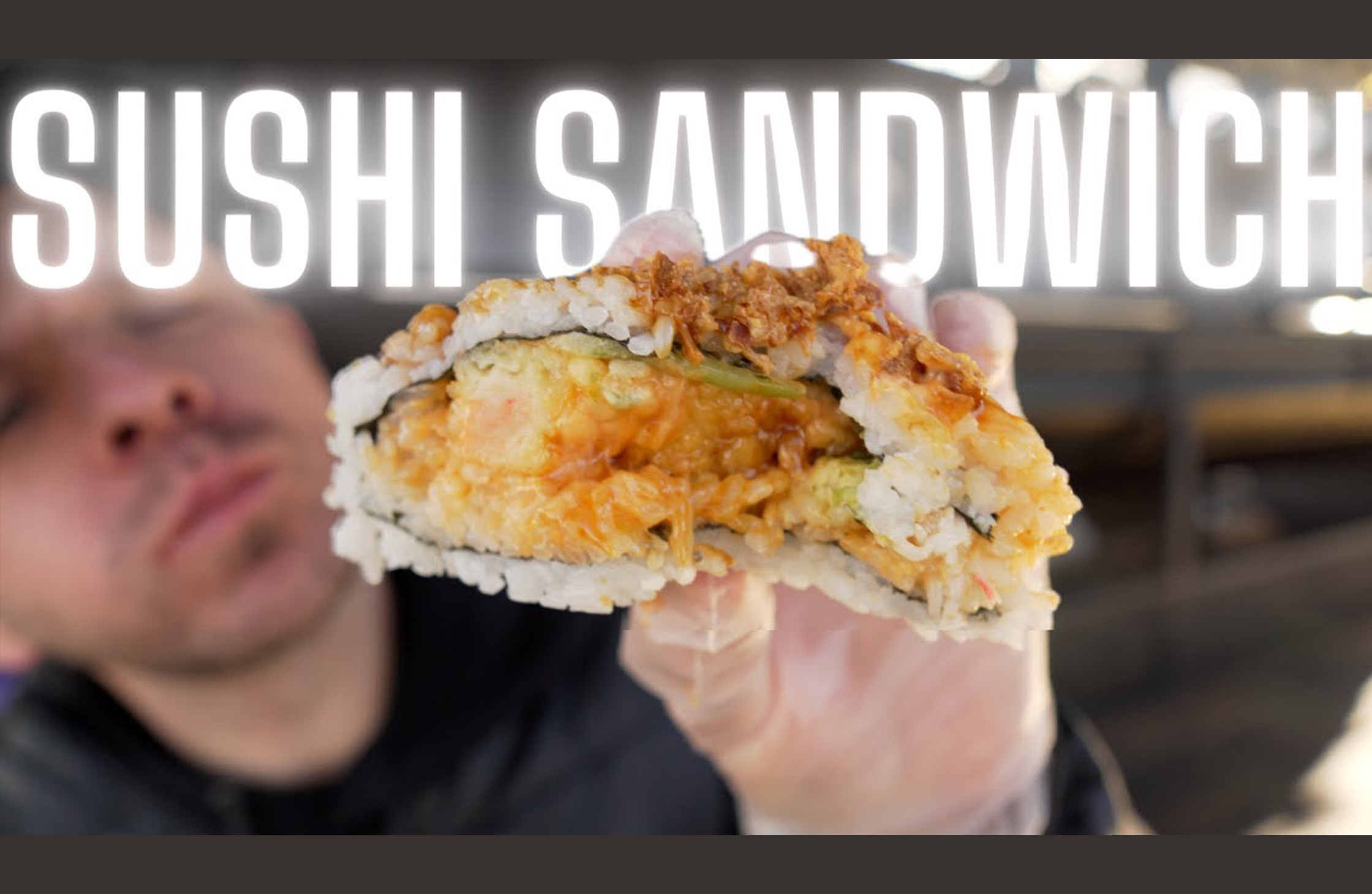I have made a lot of videos about food.
It is safe to say that I have forgotten far more of them than I remember. However, there are some exceptions, and this is one of them.
I started making videos a few years ago about fast food. I would just pick an item and write about it until I stumbled upon something that resembled humor, and then I would hit record. That was a lot of fun for a while; but after hundreds of burgers, burritos, and all of the various forms of fried birds, I realized there are only so many ways I could say that fast food is a rip off. There were only so many interactions I could have with an employee in a drive-through before I’d start to hear the robotic voice of a stranger in my dreams. There was rarely any connection. Rarely any substance.
None of this is to say that there are not some really cool people in the fast food industry. For example, everyone that works at the Arby’s on Clearwater is amazing. There is a guy named Xavier that works at the Southridge Taco Bell that always has a knack for brightening my day. There is one guy (read: just one guy) at the KFC on Columbia Center that is unfailingly kind every time I interact with him. I never got the feeling from any of these people that they were just going through the motions. However, there is very little passion to be found when you are dealing with fast food — very little risk, and even less reward.
A most endearing language barrier.
Occasionally, when I am setting up for one of these videos, there will be a little bit of apprehension on the part of the restaurant. Almost every business owner is excited about getting a little bit of marketing, but not everyone is comfortable on camera. As it turns out, not everyone satiates their crippling need for attention by putting all of their thoughts onto the internet.
But with Lei Lei and the video we made together, it was a little bit different. She was nervous, but she was also extraordinarily prepared. She sent me some talking points and asked me for feedback on them before we started shooting. She provided me with an entire outline of what she was going to say, and she stuck to it. It wasn’t until we were midway into our conversation that I realized why. Despite being perfectly understandable, she apologized several times for her English. I made sure to reassure her that everything was going great, but those apologies stuck with me. They bothered me. Not because of Lei Lei, but because of the idea that she was made to feel like she needed to apologize at all.
This is one comment on the video:
“I have immense respect for someone who comes to a foreign land and takes the time to learn and speak the (predominant) language of that land.”
I do understand what they are saying, and I respect the effort, as well, because learning a language is difficult. I took two years of Spanish, and I sound like a toddler whenever I’m trying to communicate in any language other than English. However, this sentiment seems to imply that they would have less respect for someone that hadn’t learned the language to the extent that Lei Lei has.
The human language.
Now, I do think that communication is important in certain industries. I have a very severe peanut allergy, and I would really prefer to be able to communicate that to someone preparing my food. I almost failed an anthropology class in college because it was so difficult to understand what my professor was saying. (I failed my other classes for completely different reasons.) But I only speak English due to the accident of my birth, and I don’t feel that learning my language should be a barrier of entry to be a valuable member of my community.
Lei Lei and her family came to the United States from Myanmar. They have been able to successfully operate a business in an industry where many fail, regardless of their fluency. I do not have the courage to move to Myanmar to start a fried cheese restaurant, or whatever the American equivalent of sushi would be. I most likely don’t have the courage to put up with the criticism of people who think less of me for the language that I speak.
Lei Lei speaks the language of courage.
Subscribe to Brian Griffin on YouTube: https://www.youtube.com/channel/UCCHQIaCuJhlJP5IJlo9g8HA

